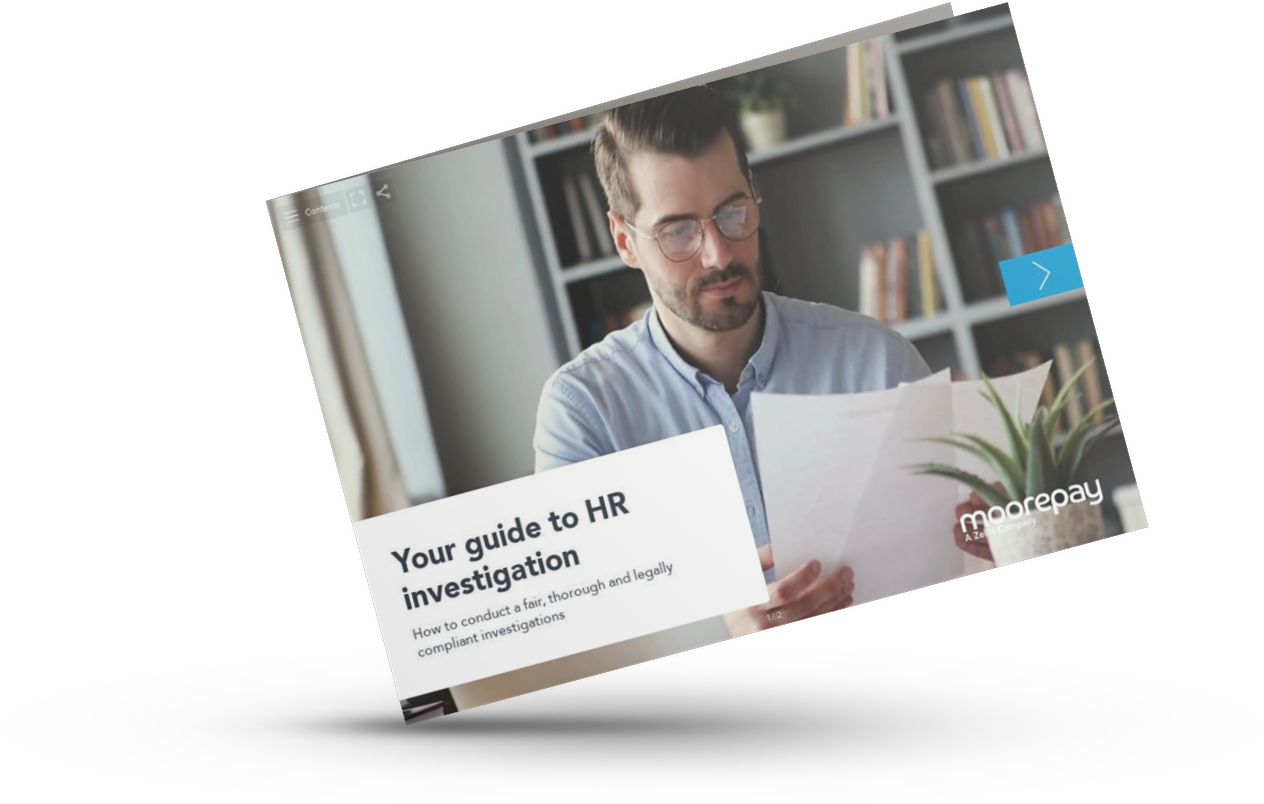The effects of being falsely accused | What we can learn from the Post Office scandal

The Post Office Horizon scandal saw over 900 sub-postmasters wrongly convicted of theft due to a faulty computing and accounting system called Horizon.
Although the scandal has been well publicised since 2000, the recent ITV drama, Mr Bates vs The Post Office exposed the scale of the UK’s most widespread miscarriage of justice and the impact it had on those falsely accused and wrongly convicted. Many lost their jobs, homes, and lifesavings. Marriages broke down, and some families believe the stress led to ongoing health conditions, addiction and even suicide as some ex-workers found the impact of the scandal too much to bear.
The case emphasises the importance of following a fair and thorough process before taking any action against anyone alleged to have committed any misconduct within the workplace. We have put together some key points to observe in any investigation to ensure you do not make the same mistakes as the post office did.
Keep an open mind
The post office jumped to the conclusions that financial shortfalls were down to the personal actions of the sub-masters. They were unwilling to entertain any other explanations including that it could be related to an error in the newly installed computer system. They presumed their employees were dishonest rather than looking at alternative explanations.
The increasing reliance we have on technology including AI may lead organisations to take system generated reports at face value rather than exploring alternative explanations. As shown in the Post Office case failing to explore all possible explanations before drawing any conclusion can have devastating impacts on all those involved. No matter how clear cut a case may seem at first site those investigating must always keep an open mind and ensure all possibilities are explored before taking any formal action.
Time and opportunity to respond.
To ensure you allow a fair investigation, employees must be given the opportunity to respond to each allegation placed against them.
As soon as the Horizon system was showing short falls that the sub-postmasters were unable to account for, they raised the issues they were experiencing directly with the Post Office help line. Despite the sudden raise in shortfalls having a direct correlation with the implementation of the new system and the sub-postmasters raising the technical issues they were facing their concerns were ignored and the system errors was not considered valid mitigation.
Providing employees with adequate time to respond to each allegation allows them to gather their own evidence to support their responses. Reviewing all available evidence ahead of making any decisions will lead to a more accurate account of events and ensures a fairer process for all.
Through and timely
There may be pressures from the organisation and from the employee for investigations to be conducted with speed. Whilst it is understandable that all parties will be wanting the situation resolved as quickly, this must be balanced with ensuring a thorough investigation allowing time for the investigator to look deeply at all available evidence.
It is essential that the correct policies and procedures are followed to ensure that the investigation is fair, with employees’ rights being safeguarded as much as possible in the circumstances. All evidence must be collected and reviewed before any decision is made. This is not only best practice in relation to any investigation but will also help protect the company should employment tribunal proceedings follow.
Hierarchical pressure
Investigating officers can be subject to hierarchical pressure to follow a certain narrative. This was evident in the Post Office case as senior managers seemed to follow the collective agreement that there was not a fault in the system. Taking such a stance is not only unlawful but it can hinder organisation growth as it fails to dig to the root of the problem and therefore prevent errors being identified and relevant measures being implemented to rectify them.
Protect employees’ confidentiality
It should go without saying that being subject to an investigation doesn’t automatically mean those accused are guiltily of what is being alleged. However, many of the sub-postmasters were socially condemned from the communities they lived in as soon as investigations began, with the assumption that they were guilty of stealing money from their own customers.
Being subject to a workplace formal investigation often brings about a feeling of shame, and isolation from colleagues. As an employer you have a duty of care to protect the welfare of your employees at all times including when they are subject to an investigation. You must ensure that you do all you can reasonably do to protect their identify and facts of the matters under investigation and the fact of and process of the investigation should be kept on a “need to know” basis.
Accountability
Despite over 20 years of investigations the post office has taken little accountability for the series of errors undertaken, leading to increased tensions between the organisations and the sub-postmasters.
To prevent the organisation against the pitfalls seen in the Post Office scandal they should aim to create an environment where ethical behaviour is the norm within the organisation and, leaders are equipped and motivated to uphold these standards.
Further advice and support
If you have would like further training or guidance on conducting workplace investigations , call our Advice Line on 0345 073 0240 (selecting option 2) for more specific guidance, tailored to the individual case.




